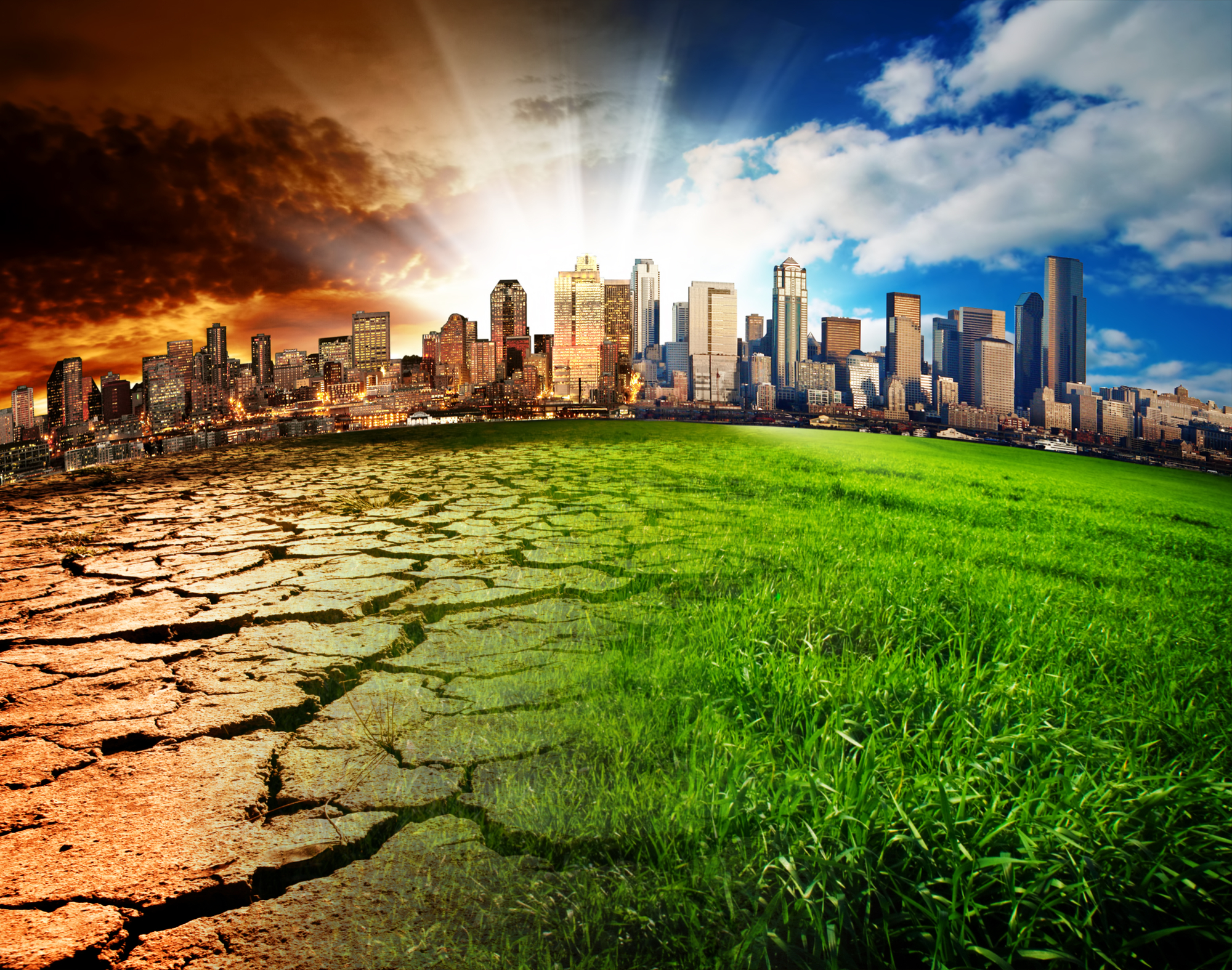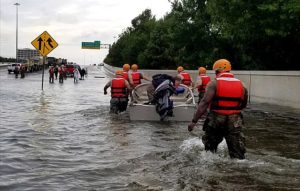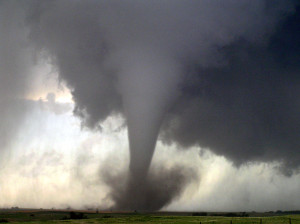
At a conference I recently attended on rebuilding sustainably after natural disasters strike, the audience of educators, first responders, disaster experts, scientists, elected officials, public interest advocates and business leaders all agreed: most people do not have enough natural disaster insurance to protect themselves if a hurricane, storm, flood or fire hits. As the sponsor of this post, the Australian insurer HBF also points out that most travelers don’t carry adequate insurance in the event their holiday or business trip is disrupted by a natural disaster, either.
HOW MUCH NATURAL DISASTER INSURANCE DO YOU NEED?
Homeowners, renters and businesses should all have standard policies that protect loss and damage under relatively conventional conditions – a random fire, the unexpected tree falling on the roof. But for catastrophic coverage? The answer to this question depends, to a great degree, on where you live and what your current policy covers. Areas subject to earthquakes, floods, hurricanes and frequent fires generally won’t find their damage covered by the standard policy. Even if standard policies do cover structural damage related to a natural disaster, they may not cover total property lost. (When Superstorm Sandy came through my town last year, my standard homeowner’s policy covered damage to my roof and the internal painting and drywalling needed to repair water damage in my living room. However, when my town experienced an earthquake a few years ago, my policy did not cover the repairs needed to replace cracked drywall.)
It makes sense to speak with your current insurer to be clear on what losses are covered, and which ones aren’t. “Disaster” policies can come with expensive price tags and high deductibles, so before you buy, calculate not only what you can afford but what it would cost to rebuild your home or replace your belongings. For more suggestions on how to insure your home against natural disasters, visit United Policyholders, a non-profit organization offering useful consumer advice.
WHAT ABOUT TRAVEL INSURANCE?
I personally believe it makes sense to buy travel insurance to cover any trip costing more than $200. The price is usually very affordable, adding negligible cost to the overall ticket, and it comes in handy even if a trip is not disrupted by a disaster but needs to be cancelled or postponed for another reason. (I bought insurance on a family vacation I planned last winter, only to have to cancel the trip when my father passed away. I received the insurance reimbursement on the trip within a week or two of filing my claim.)
It’s also a good idea to buy coverage in case you need to be evacuated. What if the country you’re visiting is unexpectedly overwhelmed by a tsunami or a political revolution? Or you fall down the Matterhorn and break your leg? You may need to make a (relatively) quick exit or cover medical bills your own country insurance does not.
EMERGENCY PREPAREDNESS IS KEY
The key is to be prepared. At home or for your business, review your existing policy, discuss your disaster risk with your insurance agent, and consider adding additional coverage if you can afford it and it will help you recover more quickly.
When you travel, take into account where you are going, what you’ll be doing when you get there, and what you might need to get medical treatment on the spot, or even leave your destination sooner than anticipated. Ask insurance companies like HBF for travel insurance quotes so you can make the best decision possible to protect yourself, your family, and your property.
NOTE: Our sponsors allow us to bring you useful information like this at no cost to you. Our editorial opinion remains our own. Thank you.
















